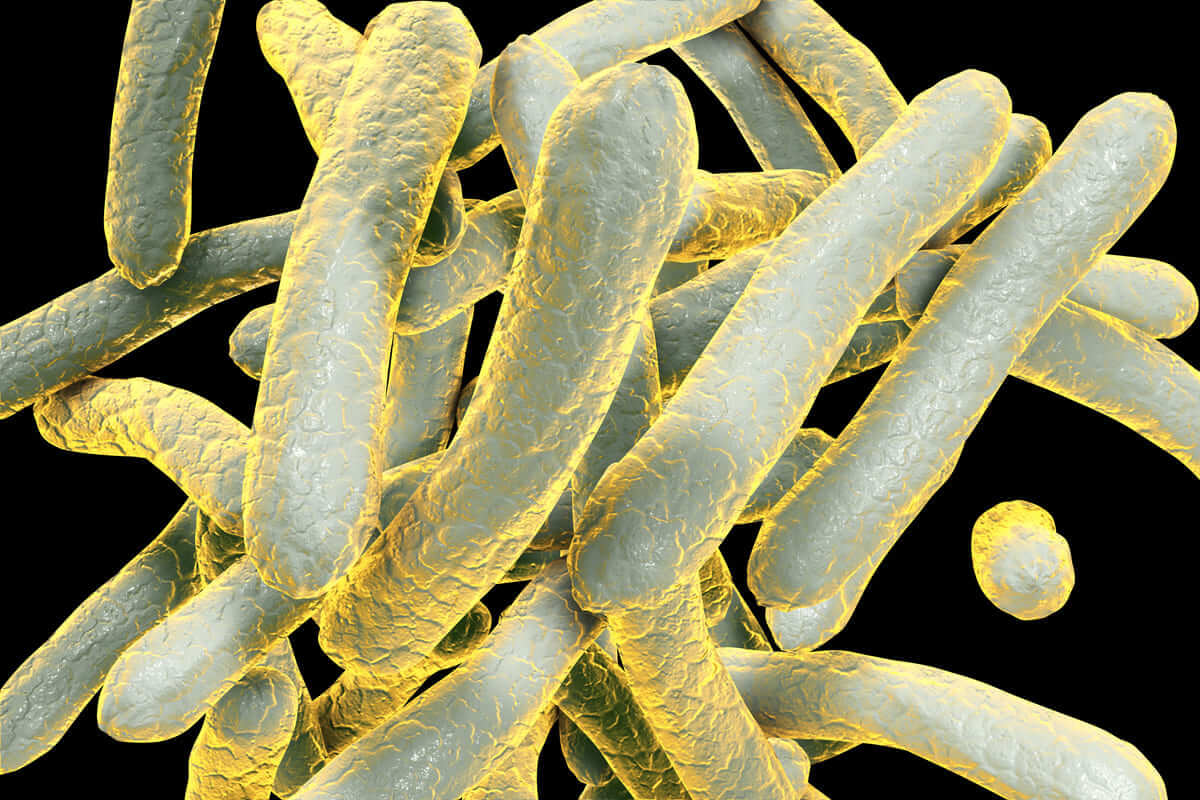TB increases the antibody response to HIV

in persons infected with the serum. That is, those who have had HIV and those who have had pulmonary tuberculosis, the body’s responses to the virus are more comprehensive and robust, according to research from the Boston Medical Center.
Another related finding was the identification of HIV sequence differences whose antibody resistance was predicted, compared with those without suspected or documented TB. The information has been published in the journal iScience.
According to the authors, research indicates that co-morbid tuberculosis has a significant impact on immune responses to HIV and on the spread of viruses in people with HIV. From another perspective, tuberculosis can be analyzed as a factor capable of influencing the effectiveness of antibody-based preventive and therapeutic strategies, bearing in mind that these are the basis of some of the vaccines under development for HIV.
“TB is very common, particularly in areas of the world with high levels of virus transmission, and affects both immune responses and characteristics of the virus circulating in people living with HIV, so it is essential to understand the relationship between the two” and says Dr. Manish Sagar, MD, an internist at Boston Medical Center and professor of medicine at Boston University’s Chopanyan and Avidian College of Medicine. With these findings, these antibody-based interventions are more likely to fail in HIV-infected populations.
For scientists working to create HIV vaccines, this data must be evaluated in terms of the chances of a response, since the overall goal of these types of preventive options is to produce antibodies that are able to block the virus after exposure.
Key facts about TB and HIV:
The investigators collaborated closely with investigators from Uganda and the AIDS Clinical Trials Group (ACTG) to collect samples from people recently diagnosed with HIV who had or did not have TB. Next, the experts examined samples collected before and about 6 months after starting HIV treatment; In this process, the ratios of antibodies, plasmatic inflammation markers, and pathogen sequences were analyzed.
After revisions, the researchers linked TB to an increased prevalence of HIV that is resistant to certain antibodies. As they explain in Scientific articleThe current high prevalence of HIV in regions of the world that frequently suffer from tuberculosis suggests that a potential vaccine that produces broad and potent antibodies may not work because these geographic regions are more likely to have strains resistant to the observed antibodies.
In the case of a virus, producing truly effective antibodies to combat it remains a challenge for medicine and science. However, breaking the paradigm represented by tuberculosis can be used to improve understanding of antibody responses and thus develop novel strategies for obtaining antibodies against HIV.

“Coffee fanatic. Gamer. Award-winning zombie lover. Student. Hardcore internet advocate. Twitter guru. Subtly charming bacon nerd. Thinker.”











